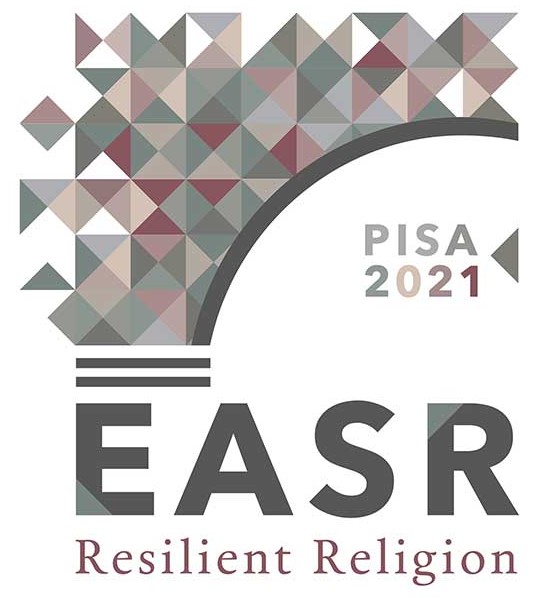Surveying Ritual Creativity in Contemporary Paganism and New Age Prior to and During the COVID-19 Pandemic
Over the last three decades, numerous scholars have investigated the various religious, spiritual and magical traditions that fall under the umbrella term of ‘contemporary Paganism’, be it Wicca, Druidry, Heathenry, Goddess Spirituality, ‘Native Faith’ movements, shamanism, eco-spirituality and many more (e.g. Luhrmann, 1989; Hardman & Harvey, 1995; Hutton, 1999, 2009; Strimska, 2005; Rountree, 2015; Doyle White, 2016; Harvey, 2019). Simultaneously, other—but sometimes the same—scholars have also examined New Age, pointing out its diverse spiritual, therapeutic and political dimensions as well as the difficulty in defining it (e.g. Albanese, 1991; York, 1995; Hanegraaff, 1996; Pearson, 2002; Sutcliffe, 2003; Pike, 2004; Kemp & Lewis, 2007; De la Torre et al., 2016). Their studies, rooted in different geographic contexts such as Europe, North and Latin America or Oceania, highlight that, despite the numerous characteristic beliefs, worldviews, practices, groups and networks contemporary Paganism and New Age encompass, individuals engaged in such phenomena tend to think of their rituals as being at the core of their religious, spiritual, magical and therapeutic experiences (e.g. Berger, 1999; Pike, 2001; Salomonsen, 2002; Magliocco, 2004; Rountree, 2004; Fedele, 2013). Shaped through creative processes, contemporary Pagan and New Age rituals are indeed crucial for them to: celebrate calendar festivals; establish relationships with ‘Nature’, ‘the Universe’, landscapes and other-than-human beings; mark births, marriages, deaths and important individual or collective events; increase corporal, emotional and psychological healing and empowerment; develop a sense of community belonging; and, among many other purposes, express identities, especially as regards gender, sexualities, and ethnicity.
In the continuity of these studies, this panel seeks to deepen the understanding of contemporary Pagan and New Age ritual creativity, defined here following anthropologist Sabina Magliocco (2014: 1) as “the self-conscious crafting of new rituals, or the reinterpretation of existing ones, with the expressly subversive purpose of bringing about cultural change”. In order to survey such ritualization processes, we would particularly like to bring together several scholars who have conducted ethnographic research in contemporary Pagan or New Age milieus on the basis of these general questions: how does contemporary Pagan and New Age ritual creativity occur, both offline and online, especially during the world-wide COVID-19 pandemic? How do practitioners of contemporary Paganism and New Age engage themselves emotionally, bodily and intellectually in their creative rituals and other forms of ritualization in these challenging times? Papers dealing with specific case studies, comparative investigations as well as theoretical and methodological challenges underlying the examination of contemporary Pagan and New Age rituals are also welcomed.
Yael Dansac: dansac.yael@ehess.fr
